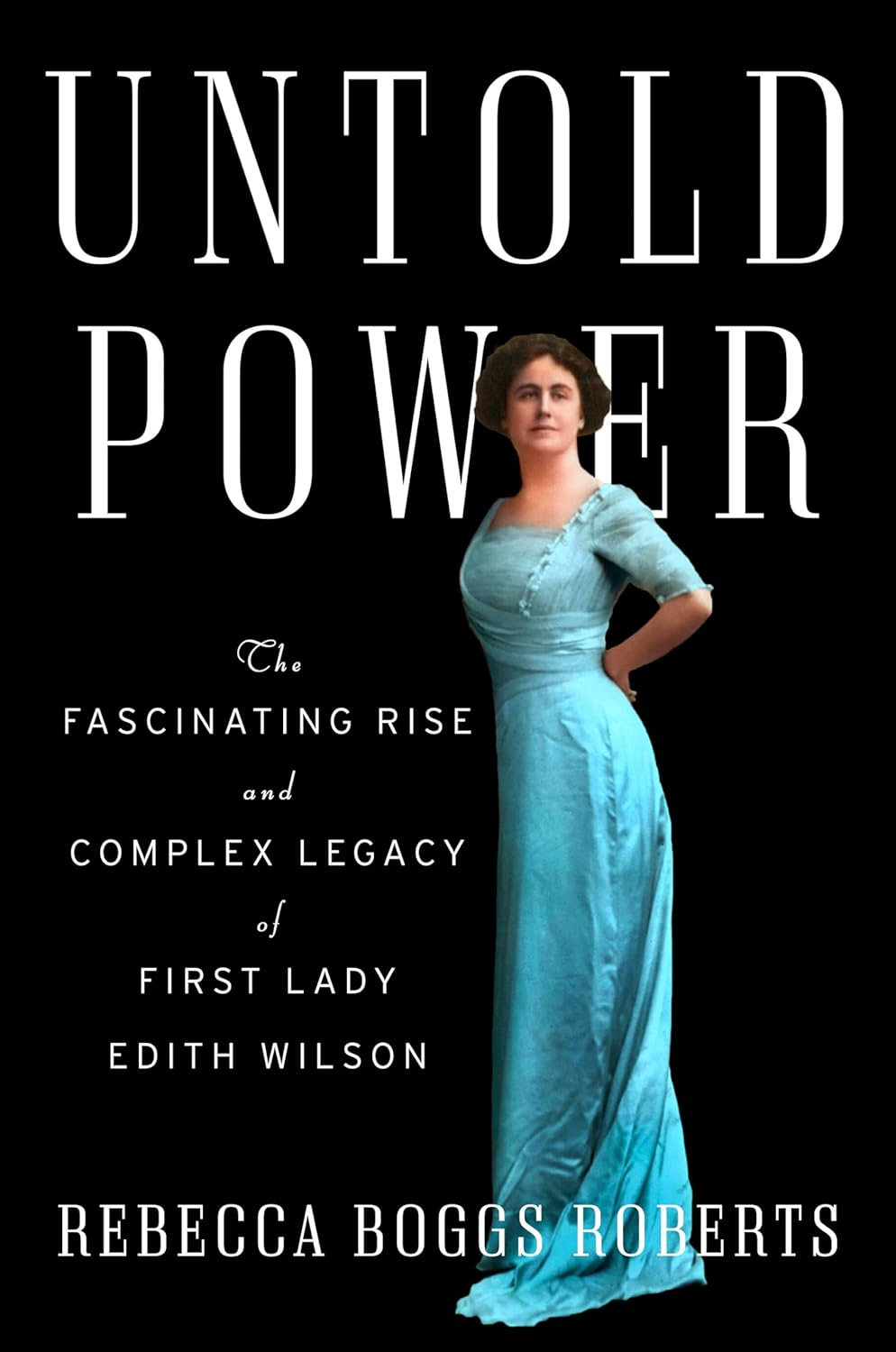By December 1919, Edith Wilson had finally settled into a routine. After weeks of increasingly frail health, her husband, President Woodrow Wilson, had suffered a massive stroke on October 2. The rest of the month was a white-knuckled horror show as Woodrow’s health lurched from crisis to crisis. He would seem to be recovering strength, only to be thrown back by a fever or infection. When each day dawned, the first lady wondered if it would be her husband’s last.
November brought its own terrors. The president’s life no longer hung in the balance, but he was far from healthy. Meanwhile, debate raged over the Treaty of Versailles and the inclusion of Woodrow’s beloved League of Nations. Even close friends were telling Edith the president was killing his own project by insisting the Senate ratify the treaty with no changes or amendments. Her husband continued to swear amendments were impossible, even immoral, and if she urged him to compromise she was betraying his principles. By a healthy margin of 38 to 53, the Senate voted the treaty down on November 19, but its supporters vowed to fight another day.
Now it was December. Chilly but sunny, Washington had yet to see a real snowfall. The president remained seriously ill. Virtually no one was allowed to see him. Edith met all inquiries with the same polite but firm brush-off: The president was mentally as sharp as ever; he was merely suffering from nervous exhaustion. He was not accepting meetings, but she would be happy to relay any important messages and return any necessary replies. This seemed to satisfy the bulk of would-be visitors. Most of them were content to conduct their business in writing, usually addressed directly to her.
Conspiring with the president’s doctor, Cary Grayson, and secretary, Joe Tumulty, Edith had begun to think she just might be able to manage this state of affairs for as long as she must. But then the cracks in the scheme began to appear, starting with blowback from Secretary of State Robert Lansing, never Woodrow’s biggest fan in the cabinet, who found the silence from the White House infuriating.
Long before the stroke, Lansing had realized his position was impossible. He disagreed with the president over the urgency of going to war, how the war was conducted, and the tactics and specifics of the peace process. He did not believe his counsel in these matters had been given the respect he was due. In fact, he and his boss disagreed so often, the president had seriously considered firing him in September. Before he could act on that impulse, Woodrow had collapsed in his train car.
